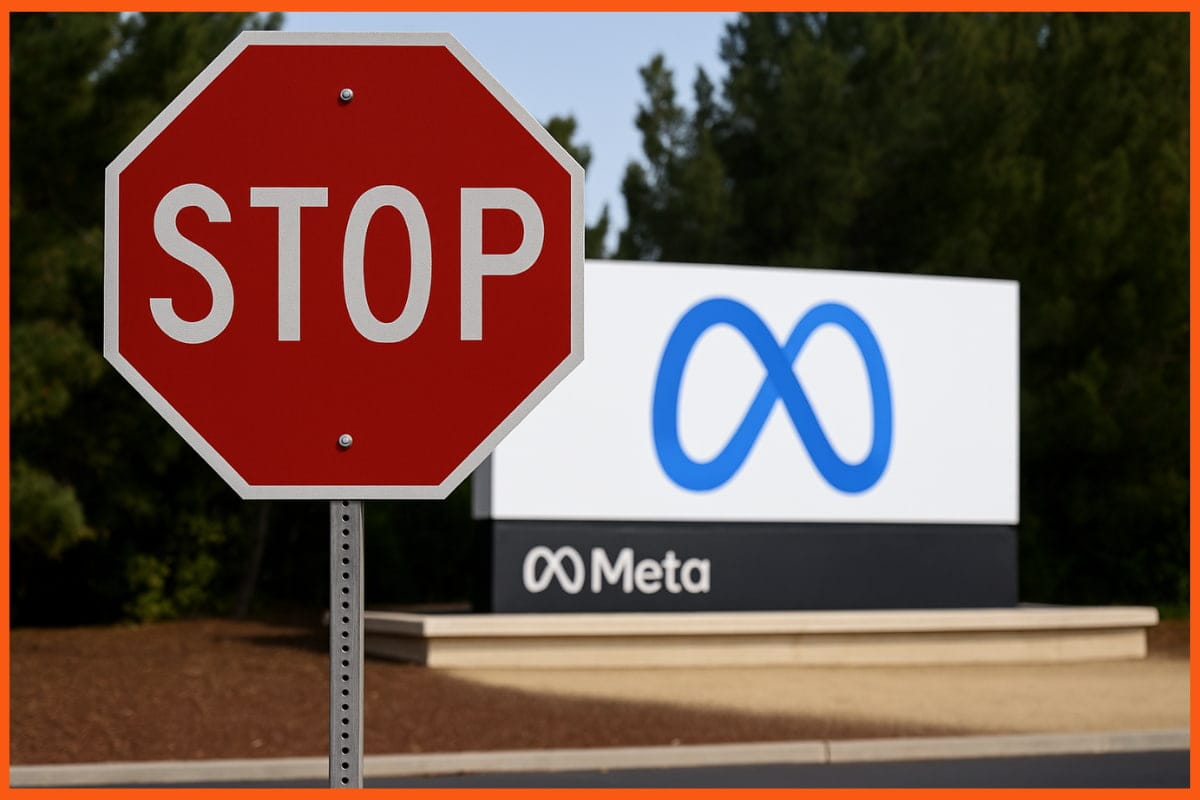Meta Platforms Inc.’s $10 billion AI data center in Richland Parish, Louisiana, was billed as a major economic boost. The company initially promised 300–500 permanent jobs. State officials approved tax breaks and infrastructure deals partly based on those estimates.
Now, Meta has revised the numbers. Only about 100 full-time jobs will be created once the facility is operational. The cut has sparked criticism from local communities, watchdog groups, and energy experts.
Jobs Promise Falls Short
The data center’s construction will employ hundreds temporarily. But long-term operations will need far fewer staff. “Taxpayers were promised hundreds of permanent jobs in exchange for millions in concessions,” said a community advocate to WIRED. “Now we’re left wondering who really benefits.”
Lawmakers had justified incentives as a way to diversify Louisiana’s economy with high-skilled jobs. The sharp reduction raises questions about whether the deal delivers the promised public value.
Energy and Environmental Concerns
The facility is expected to consume electricity equivalent to a mid-sized city. Entergy Louisiana plans to build three new gas-fired plants and upgrade transmission infrastructure to meet demand. Environmental groups warn this could lock the state into carbon-heavy energy for decades.
Meta has pledged to match the data center’s electricity use with 100% renewable sources. But critics remain concerned about higher utility bills and the overall environmental footprint.
Water Usage Questions
Cooling the data center requires substantial water. Servers produce heat that must be dissipated using water-intensive systems. Power generation also consumes water, adding to local strain. Meta says it will restore more water than it consumes, but experts note the long-term impact on surrounding communities.
Project Scale and Financing
The 4 million-square-foot facility is set to open in 2030. Meta is funding it through a $26 billion debt deal with Pacific Investment Management Co., plus equity from Blue Owl Capital. The model allows long-term leasing while limiting upfront costs. Analysts say this approach is a growing trend among Big Tech firms building AI infrastructure.
Reactions in Richland Parish are mixed. Some welcome the temporary construction jobs and prestige. Others worry about energy, water, and transparency. A local official said, “People want to know what they’re trading off. Yes, it’s investment, but it comes with consequences.
As the project moves forward, the gap between what was promised and what is now expected may shape the way future tech deals are judged in Louisiana and beyond.


Leave a Reply